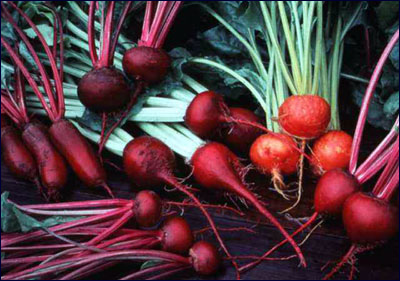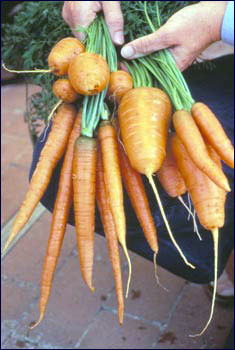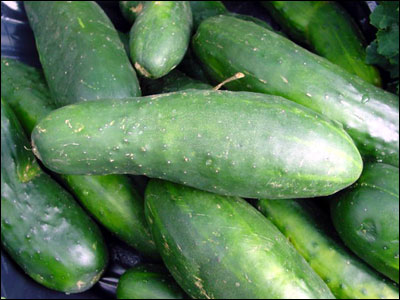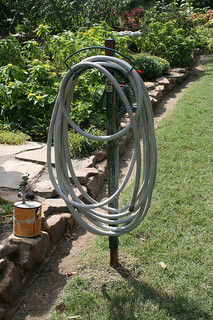Theresa Badurek, Urban Horticulture Agent, UF/IFAS Extension
Do you live in a coastal area where saline (salty) irrigation water is an issue? Some gardeners on the coast as well as some inland gardeners should be concerned about the salt levels in their well water. Water with salt levels above 1,000 parts per million will kill many plants, including beans, cucumbers, lettuce, and tomatoes. If your well is salty, it is recommended that you use fresh water from another source such as your city’s water supply to supplement irrigation. For more information on how well water may become salty, read the “Salt Water Intrusion” section of Florida’s Water Resources.
What if you are not sure if your well water is salty? Well, we can test that for you at the UF/IFAS Pinellas County Extension office at 12520 Ulmerton Rd., Largo, FL 33774. Water tests cost $10 each (cash or check only) and can be done Mon.-Fri. between 8am-5pm, excluding County holidays. Bring in about a cup of your well water in any clean container. Testing is quick and will be done while you wait. Results are given in parts per million (ppm). We can only test for dissolved salt in your water sample- no other contaminants. For any other water quality testing please consult the county health department.
Another smart gardening solution is to plant salt-tolerant vegetables. That’s right- some veggie crops can tolerate salt better than others. The jury is still out on exactly how many parts per million each plant can handle but anything over 1000ppm is too high for most. Here is a handy list from the University of Florida researchers (highest tolerance assumed to be around 1000ppm):
High Salt Tolerance

- Beets
- Bell peppers
- Broccoli
- Cabbage
- Kale
- Loquats
- Spinach
- Tomatoes
Moderate Salt Tolerance

- Carrots
- Cauliflower
- Lettuce
- Peas
- Potatoes
- Squash
- Sweet Corn
Low Salt Tolerance

- Beans
- Celery
- Cucumbers
- Radishes
Source: http://gardeningsolutions.ifas.ufl.edu/plants/edibles/vegetables/watering-the-vegetable-garden.html
Other things to do in April in your veggie garden: Continue planting warm season crops such as bean, cantaloupe, and okra. Mulch well to prevent weeds, and provide water if the weather has been dry.
For more vegetable gardening info see the UF/IFAS fact sheet Florida Vegetable Gardening Guide.
 2
2

